What put you at risk for getting HIV
Risky behaviour - Avoid it!
Young people are adventurous, but if it puts you at risk, then it is not worth it! Risky behaviours such as drug use, excess alcohol consumption, multiple sex partners, dating older men/women and marathon sex parties like (Vuzu, Orgies, White party etc.) among others increase your chances of contracting HIV or STIs or becoming pregnant. You can still be popular, cool and trendy without engaging in practices that put your health and life in danger.
Dating Older Men/women
In many countries, the practice of dating older men or women has different names e.g. Sponsor, Blesser, Sugar Daddy/Mummy, and Aristo among others. While these kind of relationships can get you expensive gifts, all expense paid trips to nice places, fancy shoes, bags, clothes and more you must remember

- They may want something in exchange that you don’t want to give like sex.
- It may be hard for you to express your choice of using condoms, because they will be in control.
- They could be living with HIV or have STIs, and if you are unable to convince them about using Condoms, you will be exposing yourself to HIV infection or other STIs. You may not be the only one they are dating or having
- Even if your friends are dating older men/women, you have the right to decide what is right for you. Material relationships are dangerous and don’t last long – they are not a true expression of love
Sexually Transmitted Infections (Stis):
They are also called Sexually Transmitted Diseases (STDs). These are infections that are spread through sex (oral, vaginal or anal). They include:
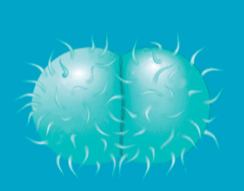
Gonorrhea
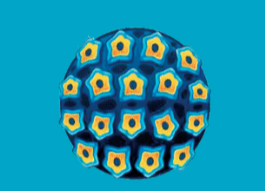
Human Papillomavirus (HPV)

Trichomoniasis
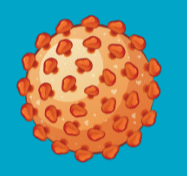
Hepatitis B
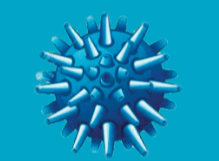
Herpes
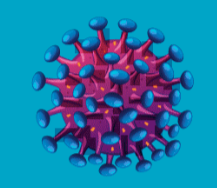
HIV
and many others.
Did You Know That There Are More Than 1 Million New STI Transmissions Everyday?

This is a lot of STiS in one day and it means anyone and everyone can get infected if they do not protect themselves.
While some of these infections can be cured, others like Hepatitis B and C, Herpes, HPV and HIV cannot be cured.
Many STIs can also be transmitted from mother to child during pregnancy and childbirth
A person can have an STI without knowing. However, if you notice the following: smelly discharge from your vagina, pain or discomfort when peeing for men/women, abdominal pain and itching, please visit the nearest Healthcentre immediately. If you test positive for an STI, encourage your partner to also get tested and treated to avoid re-infection.

Safer sex, safer future – you owe it to yourself and the future to live responsibly. It doesn’t matter what fancy name they call it, if it makes you feel uncomfortable then don’t do it.
If STiS are left untreated, they can increase your risk of getting infected with HIV. Don’t delay in treating them

